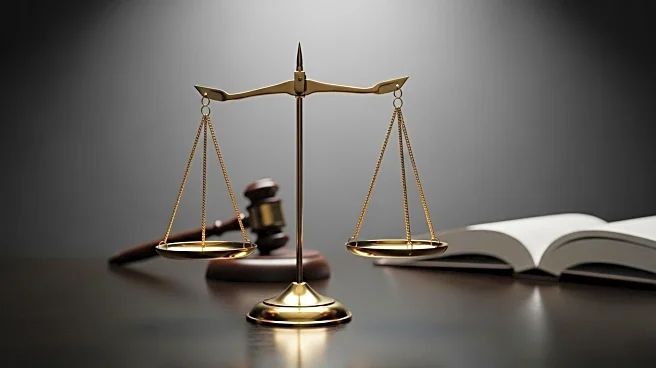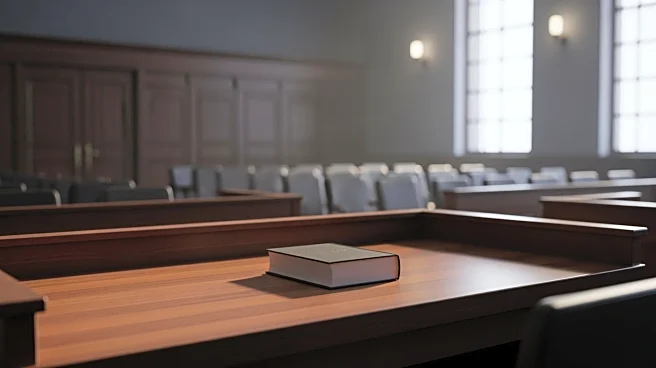What's Happening?
President Trump recently admitted to restricting freedom of speech during a roundtable discussion at the White House. He acknowledged that his administration took actions that limited free speech, particularly in relation to flag burning, which he claimed incites violence. Trump's comments reflect a broader pattern of his administration's approach to the First Amendment, treating free speech as an obstacle rather than a principle to be protected. This admission aligns with previous actions, such as threatening to sue publishers and promising to imprison protestors, which have raised concerns about the administration's commitment to free speech rights.
Why It's Important?
Trump's admission is significant as it highlights the administration's stance on free speech, which has implications for democratic principles and civil liberties. The acknowledgment of restricting speech contradicts the expectation that the administration would enhance free speech protections. This approach could lead to increased censorship and suppression of dissent, affecting media freedom and public discourse. The administration's actions may also influence legal interpretations of the First Amendment, potentially setting precedents for future government interventions in speech-related matters.
What's Next?
The legal and political ramifications of Trump's admission may prompt further scrutiny and debate over the administration's policies on free speech. Legal challenges and public advocacy are likely to continue, with stakeholders seeking to uphold First Amendment rights. The administration's approach may face opposition from civil society groups, legal experts, and political leaders advocating for stronger protections against government overreach. The ongoing discourse may lead to legislative or judicial actions aimed at reinforcing free speech principles and addressing concerns about government censorship.
Beyond the Headlines
Trump's comments reveal deeper issues related to the balance between national security and individual rights. The administration's focus on flag burning as incitement raises questions about the limits of symbolic speech and the potential for government overreach. This situation underscores the need for a nuanced understanding of free speech, considering both its protective role and the challenges posed by controversial expressions. The broader implications of these actions may affect public trust in government and the perceived legitimacy of democratic institutions.










